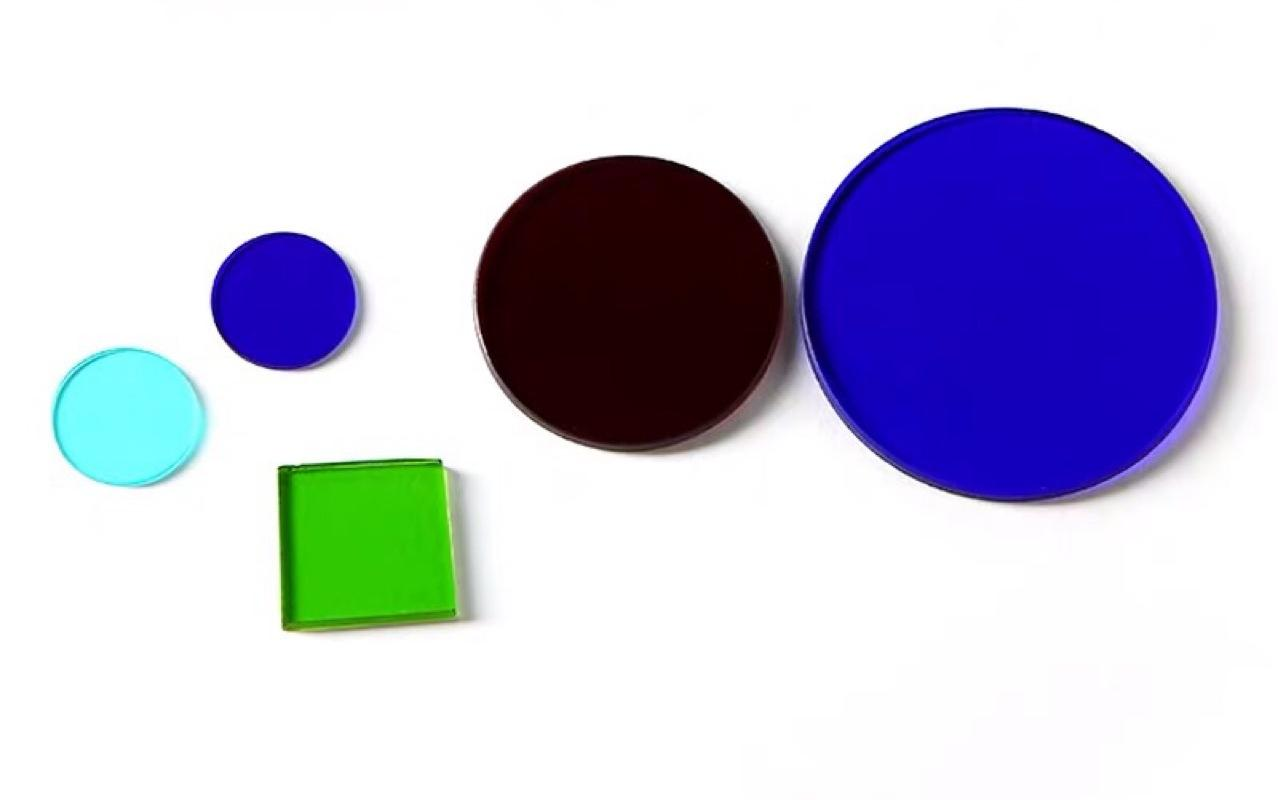The longitudinal differential protection of a transformer is a protection formed by comparing the value and phase of primary and secondary currents of a transformer. The longitudinal differential protection device is generally used to protect the phase-to-phase short circuit occurring in the transformer coil and the lead-out line and the single-phase ground short circuit in the high-current grounding system. Internal faults such as turn-to-turn shorts in transformer coils are usually only reserved for backup. Long wave pass filters are usually used for wavelength order classification. One side is plated with hard medium long wave pass filter film and the other side is plated with antireflection film, which can cut off sharp light at a specific wavelength, while the other wavelength region has high transmission, so as to achieve the purpose of isolating a wide region of the spectrum
The filter is made of plastic or glass with special dyes. The red filter can only let the red light pass through, and so on. The transmittance of glass sheet is similar to that of air, and all colored light can pass through, so it is transparent. However, after dyeing with dye, the molecular structure changes, the refractive index also changes, and the passage of some colored light changes. For example, when a white light passes through a blue filter, it emits a blue light, while there are very few green and red light, and most of them are absorbed by the filter.
Long Wave-pass Fliter Hanzhong Hengpu Photoelectric Technology Co.,Ltd , https://www.hplenses.com
The longitudinal differential protection device is composed of current transformers and relays on both sides of the transformer. Two current transformers are connected in series to form a loop, and the current relay is connected to the loop. Therefore, the current flowing through the relay is equal to the difference between the secondary currents of the current transformers on both sides. When the fault occurs under normal conditions or outside the protection range, the secondary current of the current transformer on both sides is equal in magnitude and the phase is the same, so the differential current flowing through the relay is zero, but if a short-circuit fault occurs in the protection zone, it flows through the relay. The difference current is no longer zero, so the relay will act to trip the circuit breaker for protection.
Filter is an optical device used to select the required radiation band. A common feature of filters is that no filter can make the imaging of celestial bodies brighter, because all filters will absorb certain wavelengths, making objects darker.
